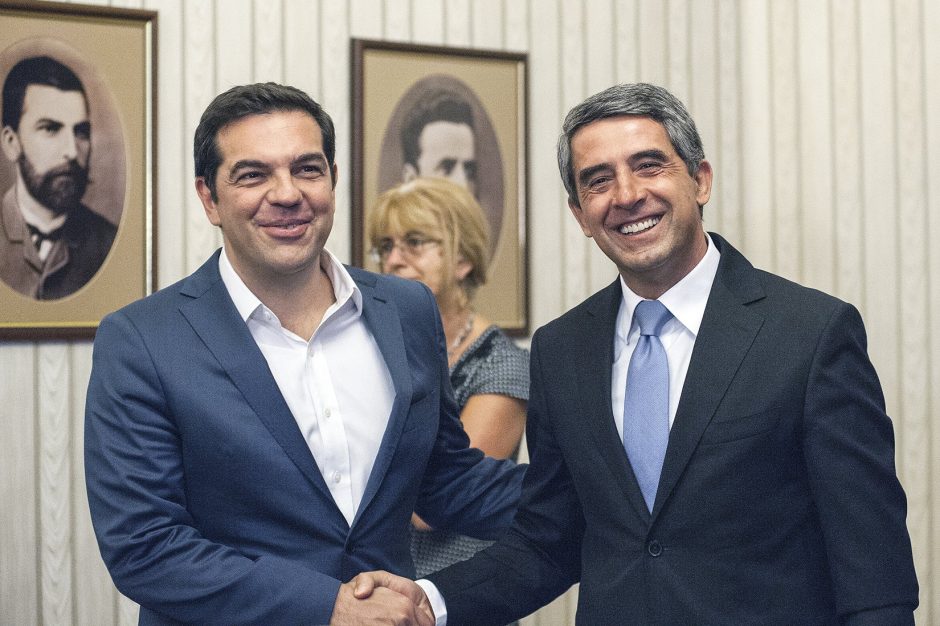Greece, Bulgaria ink IGB gas pipeline, LNG terminal agreements
Athens is turning to Sofia in an attempt to re-establish its position in the region, top policy expert tells New Europe.
Greece and Bulgaria agreed to boost energy security in the Balkans in the framework of the European Union, during Greek Prime Minister Alexis Tsipras’ visit to Sofia on August 1.
Tsipras met with his Bulgarian counterpart Boiko Borisov and President Rosen Plevnelev. Within the context of the third high-level cooperation council between
Greece and Bulgaria, they signed a series of bilateral agreements, including the construction of the Interconnector Greece-Bulgaria (IGB) gas pipeline and the creation of a liquefied natural gas (LNG) terminal near the northern Greek city of Alexandroupolis.
“Bulgaria is probably Greece’s closest partner in the Balkans, but more by reflection and less as a result of a strategic plan. There is potential in bilateral relations, especially given the ‘energy connection’, but till nowadays we haven’t seen anything substantive,” Constantinos Filis, director of research at Institute of International Relations, told New Europe on August 2.
“But given the difficulties with Albania, FYROM and the problematic environment with other Balkan states of the Balkan corridor – as they agreed to isolate Athens in cooperation with Vienna – Athens is turning to Sofia in an attempt to re-establish its position in the region. But the Bulgarian government due to its bureaucracy and corrupted mechanisms cannot be trusted in full,” Filis said, adding that in the past, decisions have been overturned without any justification and consultations are usually complicated.
Meanwhile, following the rapprochement between Russia and Turkish, the Turkish Stream gas pipeline, which would transport gas from Russia to Turkey and Greece via the Black Sea, could be revived. Asked if Turkish Stream, which is also now called South European Pipeline, would have a landfall in Bulgaria, Filis told New Europe that Bulgaria is very much attached to the West and especially the United States and therefore it will be Russia’s last resort if the latter chooses to proceed with this project.
“In the case of Turkey, it seems that both states attempt a restoration of ties, which is a positive sign for energy cooperation. But again, SEP’s fate will be defined by other factors like: securing markets, funding and EU’s political consent and making sure that Russian economy can cope with it,” Filis said.
In addition to energy, Tsipras and Borisov also stressed the need to accelerate construction of a railway link from Alexandroupolis to the Black Sea resort of Burgas as a way to boost trade between the two EU member states.
Tsipras said relations between Athens and Sofia are “a model of constructive cooperation for the promotion of peace and stability in the broader region”.
The Greek premier also said that the two Balkan countries remain pillars of security and stability despite the challenges facing the two countries on the EU’s external border.

